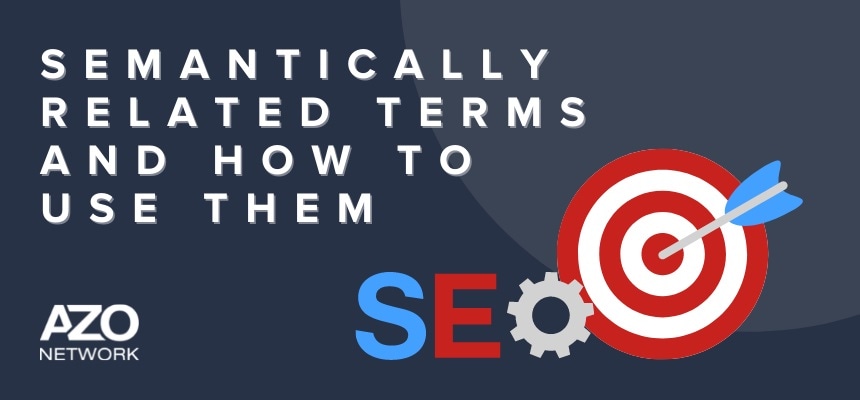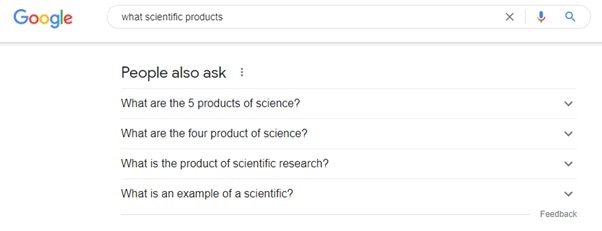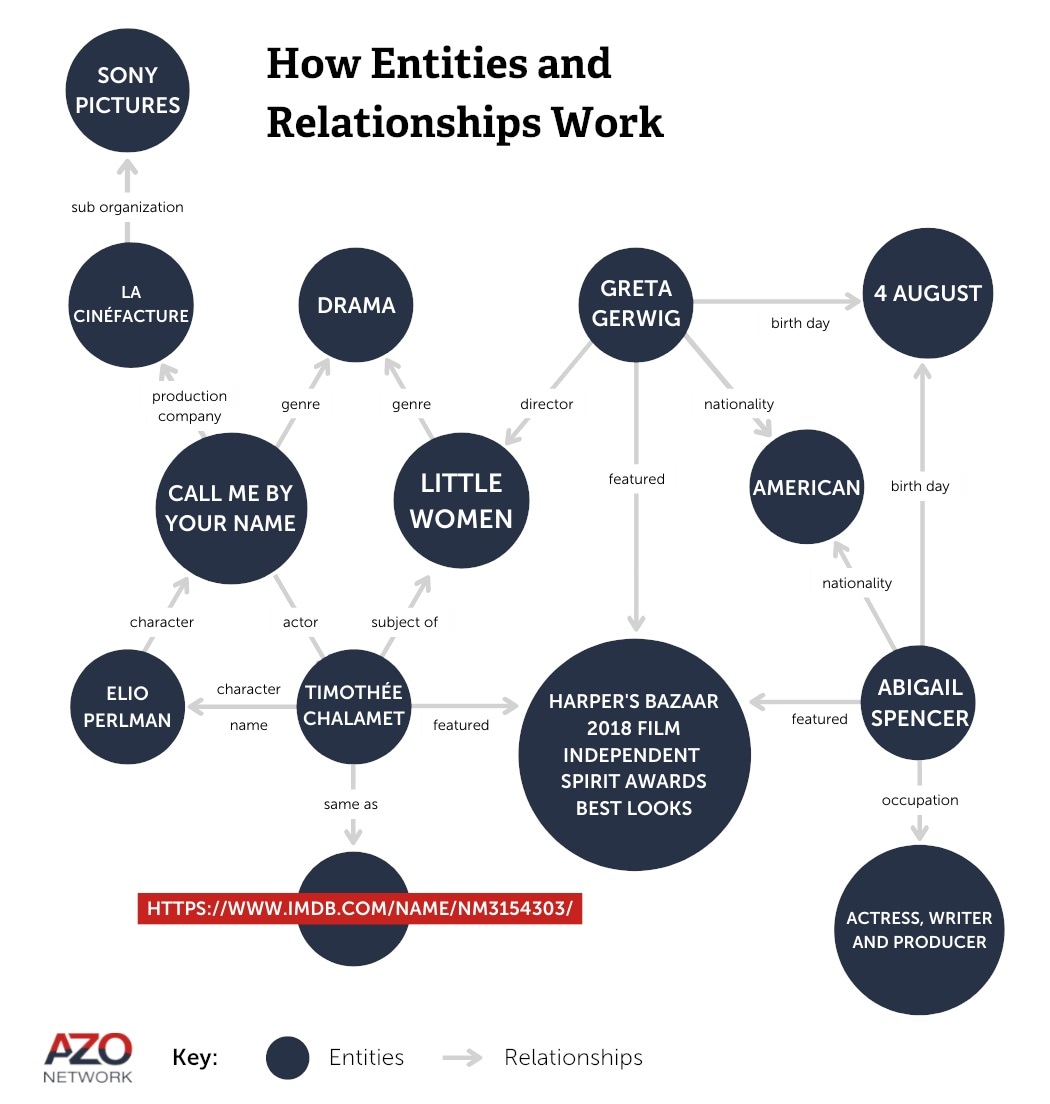
Semantically related keywords are terms that are conceptually linked to one another. If my article focuses on the primary phrase “marketing science”, some semantically related terms would include “scientific content writing” and “selling to scientists”. These are not secondary keywords or intent modifiers. They are phrases that strengthen your content by providing context. Context is increasingly critical in the age of semantic search.
What is Semantic Search?
To be clear: Semantic search is not semantic marketing.
Semantic marketing is a trend focussing on the precise placement of wording to convey an exact message. This is nothing new for content writers and SEOs. Precision with words is par for the course.
Semantic search refers to how search engines use machine learning to understand the true intention of a query by identifying the underlying meaning of every word in the search string. Keywords are still king. But they are not the be-all-and-end-all.
Intent modifiers are the simplest examples of semantic search in action:
None of these modifiers would change the actual meaning of a keyword, but they do change the meaning of the query. Type in “buy scientific products”, and Google perceives your intent to be commercial. Compare that with “what scientific products”:

The awkward phrasing of these questions shows that modifiers on their own are of limited value. We have started with a commercial keyword (scientific products) but have altered the intent using a modifier that indicates this search’s primary goal is to answer a question. In this case, it has the unfortunate effect of fundamentally changing the term. The problem is semantics.
Wikipedia defines semantics as the study of reference, meaning, or truth. The OED offers the more grounded definition of “a branch of linguistics and logic concerned with meaning”. Semantic search, therefore, is a method of generating the most accurate search engine results pages (SERPs) possible by understanding the actual meaning of a query. The goal is to eliminate the ambiguity of search queries to present the most relevant results possible.
A Quick History of Semantic Search
The roadmap to semantic search has been iterative. Hummingbird (2013) leveraged natural language processing to ensure that pages matching user intent will rank better than pages that use keywords without context. RankBrain (2015) marked a significant improvement in understanding search intent, using machine-learning AI for smart query analysis. The result of RankBrain is that a page may be considered a viable response to a query even without matching keywords. Finally, BERT (2019) allowed Google search to better understand the context of words by focussing on nuance:
Particularly for longer, more conversational queries, or searches where prepositions like “for” and “to” matter a lot to the meaning, search will be able to understand the context of the words in your query. You can search in a way that feels natural for you."1
What Semantic Search Means for Content
There are two fundamental concepts to keep in mind when creating content for semantic search: entities and relationships.
An entity is something individual that is well-defined, and a relationship is an attribute or description that denotes a connection between one entity and another. In the above example, Google clearly doesn’t distinguish “scientific products” as an individual entity but as two which relate differently depending on the context.
Including semantically related keywords in your content is essential for modern rankings and reaching the most targeted audience possible via organic search results.

Do You Really Need More Keywords?
Who are the stakeholders of any given piece of content? In the digital landscape, there are three:
- You: The business or content creator
- The reader or consumer
- The search engine
Most businesses want to create content that appeals to existing or potential customers. Simultaneously, search engines function to serve relevant content to users based on myriad rank factors. Many sectors are reluctant to optimise their text, as if yielding to the algorithm somehow equates to a loss of quality. But that assumption ignores the fact that search engines, at face value, exist primarily to serve the user. Additionally, it assumes a certain inherent value that may not simply exist. If your content is not validated by search data, what makes you think it is valuable at all?
If you cannot align your strategy for targeting those two stakeholders, you will often write to fulfil an arbitrary quota. Another blog completed; now on to the next. Essentially, you are writing content primarily for yourself. Even if you have a relatively well-defined keyword strategy, if you aren’t enriching your text with semantically related terms, you run the risk of duplicating your effort and creating content that exists primarily in siloes.
Google is an increasingly intelligent ecosystem of interrelated topics comprising millions of results which can be served to users ad hoc based on the context of their query. If you want to reap the benefits of this new digital landscape; semantically related keywords are the way forward.
1 Search Engine Journal